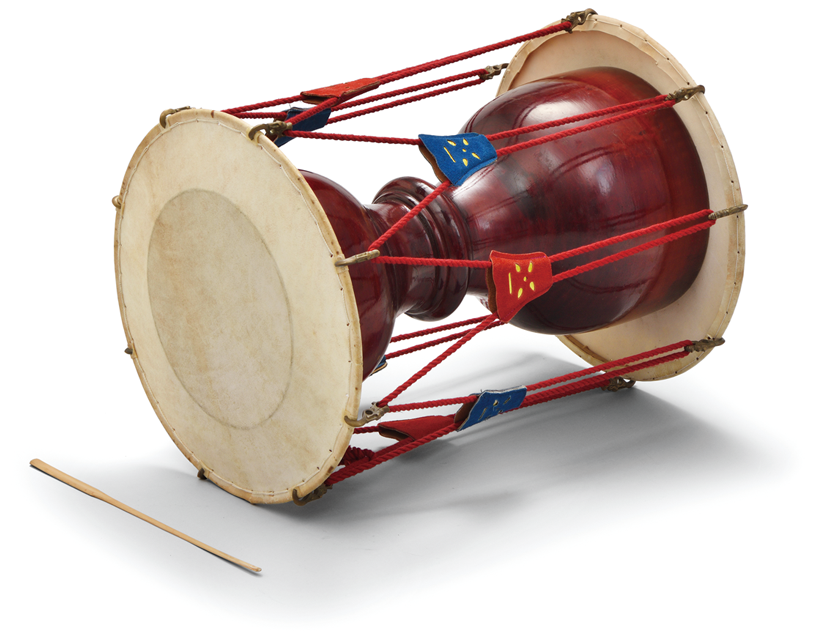
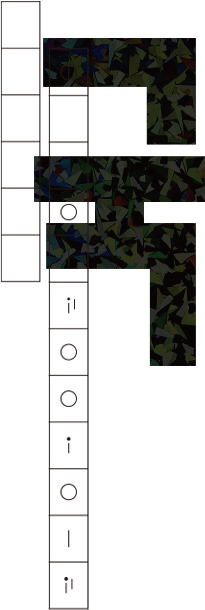
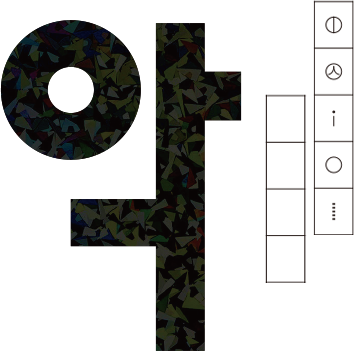
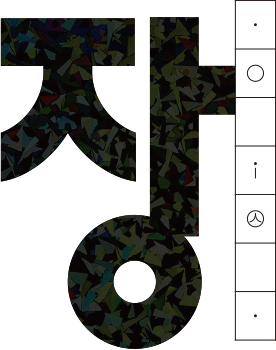
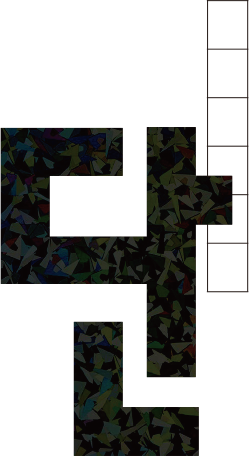
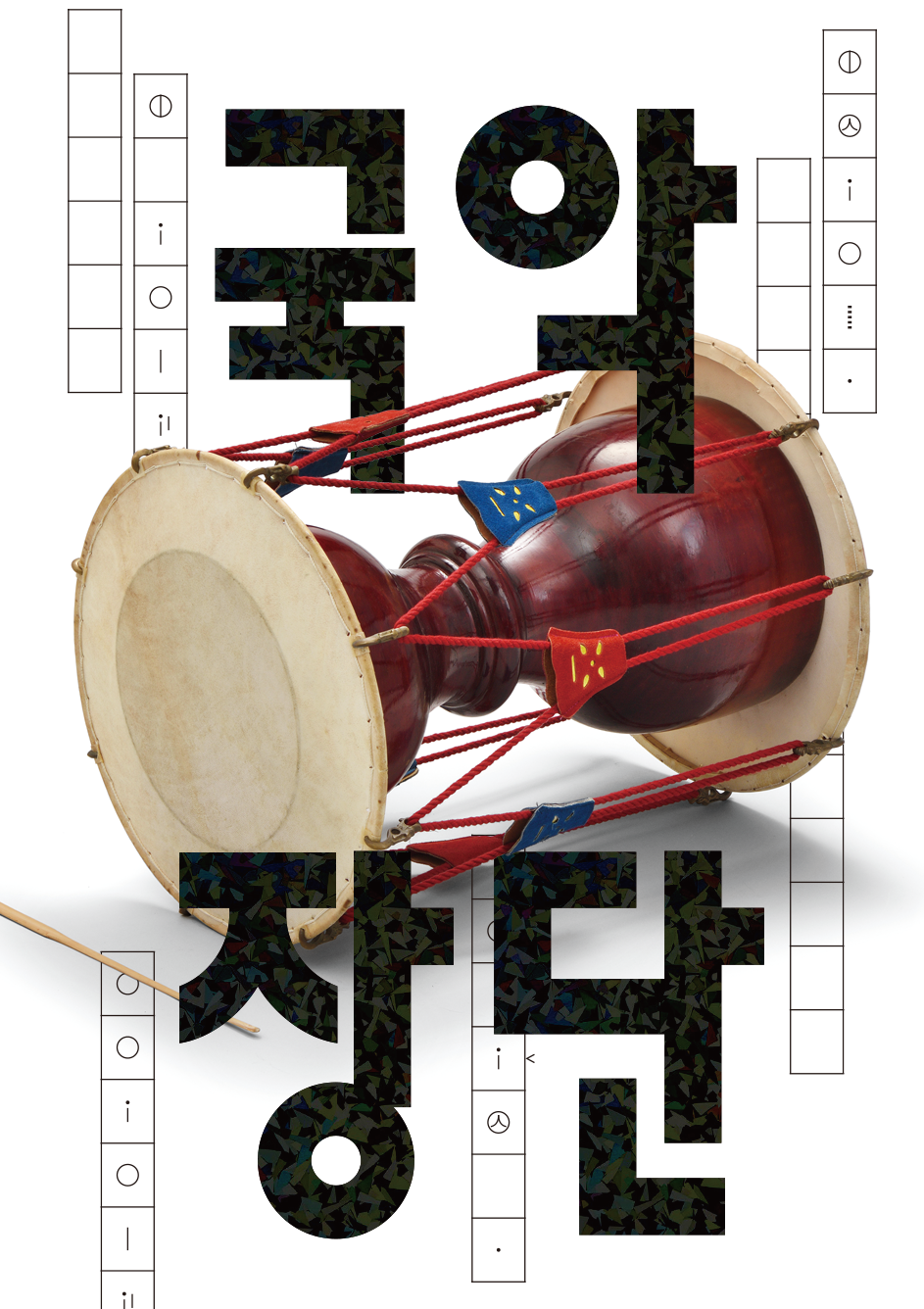
Gugak × Jangdan
The “국악” (gugak) on the cover refers to Korea’s traditional music. “장단” (jangdan) consists of ten asymmetrical rhythms combining elements such as beats, tempo and dynamics—a crucial concept that differentiates gugak from Western music, which has fewer rhythms and is more symmetrical. The square-shaped musical notation displayed alongside is jeongganbo, created by King Sejong the Great during the Joseon Dynasty and still in use today. The image on the cover is a janggu (hourglass-shaped drum) provided by the National Gugak Center. By placing these distinctive elements and terms on the cover, we aimed to emphasize the unique originality of gugak.
Gugak, Korea’s traditional music, captures a uniquely Korean sensibility by blending its history, emotions and musical elements. This distinct charm underpins K-culture. For an authentically Korean experience, gugak remains the most essential cultural expression.
국악은 한국 고유의 전통 음악이다. 국악은 한국의 역사와 정서, 그리고 이를 담아내는 모든 음악적 요소를 아우르며 한국만의 유일무이한 감성을 드러낸다. K-팝 등 한국 음악의 독특함이 어디서 비롯됐는지 알고 싶다면, 새로우면서도 깊이 있는 ‘진짜 한국적인 것’을 찾고 있다면, 가장 한국적인 문화인 국악에 주목해야 한다.

Korean traditional music, or gugak, is not confined to the past but continues to expand. It preserves essential values while simultaneously incorporating new elements.
The traditional sounds of gugak are still being made today. Read on for some tips about how to encounter gugak both online and off. Take this opportunity to dive into the joys of traditional Korean music.

Korean music, with its unique resonance, has transformed in many ways with the times while firmly preserving its distinctive elements like deep emotion and unique scales.


Daegu
At the beginning of summer, bursting with life, Koreans board trains and cars to enjoy art. They head to Daegu—a place brimming with art, including architecture, landscaping, antiques and opera.
Introducing Sayuwon, the Kansong Art Museum Daegu and the Daegu Opera House—oases of art tucked away behind the bustling city.
Korean ssuk, a close relative of mugwort, has diverse uses and purported medicinal qualities that help this hardy herb stand out among a sea of delectable seasonal greens.
Discover why the popularity of this springtime specialty continues to grow—in Korea and beyond.

Ssuk and Nuts Jumeokbap